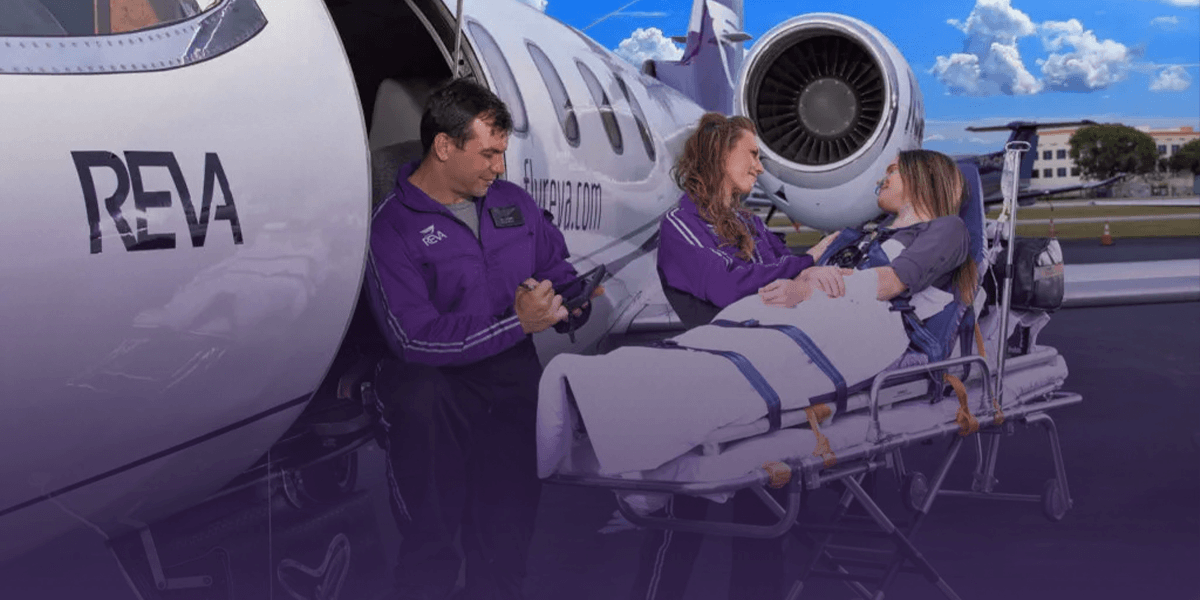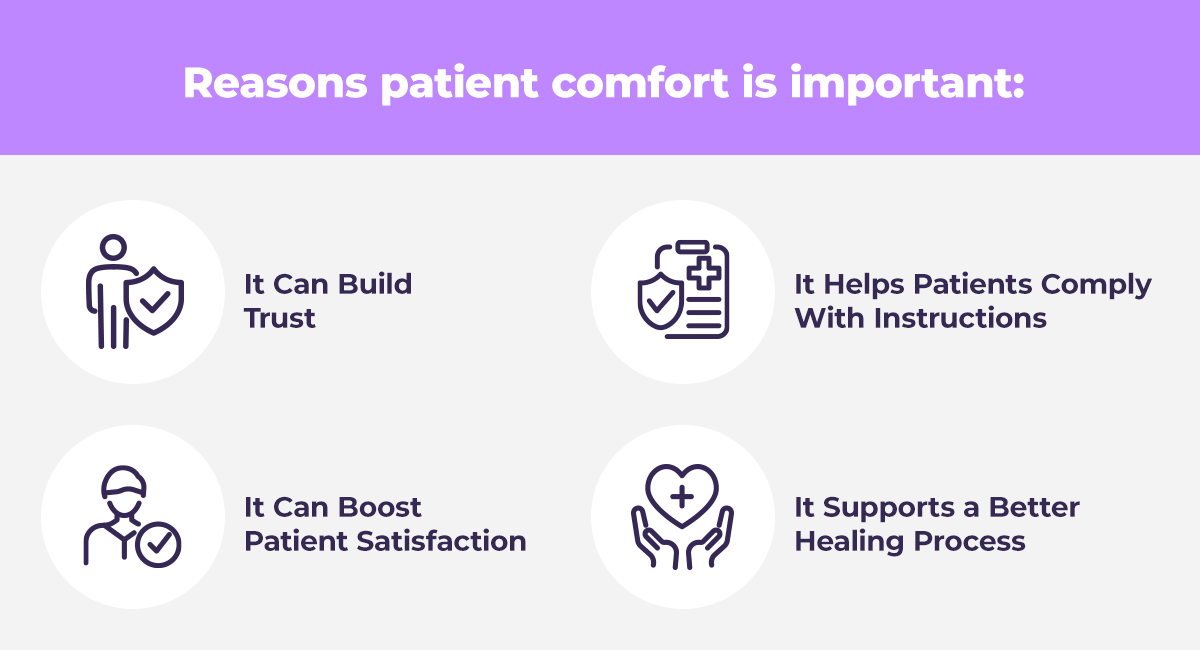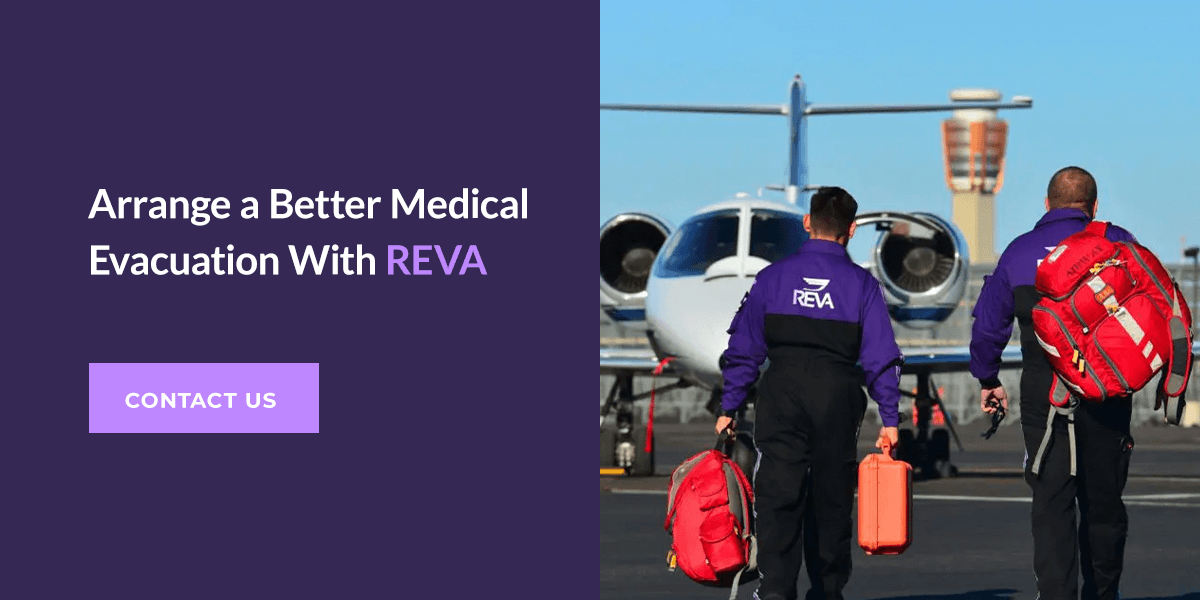The Importance of Patient Comfort in Medical Evacuations
While medical evacuations may seem like another day on the job for health care personnel, they’re anything but routine for the patient. They can be highly stressful, so anything the patient and care team can do to make the experience more relaxing goes a long way. Most noticeably, a comfortable evacuation can make a patient’s experience more enjoyable, but it can also improve their relationship with the care team and help them heal as effectively as possible.
What Happens During a Medical Evacuation?
Medical evacuations can vary widely depending on the patient’s needs, the environment and the providers available. During a medical evacuation, a patient is transferred to a health care facility capable of providing the required standard of care.
For example, a medical transport might move from a remote location to a hospital in a city or from a different country to the patient’s home country. These patients may have a serious condition that needs more advanced care or a condition that prevents them from taking commercial flights.
Evacuations usually involve ground transportation, such as an ambulance, and an air ambulance. They work a little differently than traditional commercial transportation, but the care team will likely still try to offer an experience that’s as comfortable as possible.
Patients can expect transportation methods such as gurneys and wheelchairs to get them to the ambulance or jet. Once on board, the care team helps the patient settle in and provides attentive support throughout the journey. They’ll help get the patient situated and provide necessary medical oversight, such as administering medications and monitoring their condition. Ideally, the same care team follows the patient through the entire process, from the first location to the last.
Why Is It Important to Ensure Patient Comfort in Medical Evacuations?
Comfort can include many different elements, such as trust, understanding, empathy, and connection to other people. Each aspect can affect the patient’s experience and contribute to a more positive environment in a difficult moment.
Below are some of the reasons patient comfort is important for medical evacuations:
1. It Can Build Trust
Trust between patients and providers is foundational to quality care. Research shows that trust can influence patient behavior, such as how likely they are to follow through with treatments or even seek care in the first place. It can also minimize conflicts and improve the patient’s perception of care. Medical evacuations can initially feel stressful, but facilitating trust can help the patient feel more comfortable and responsive to the process.
2. It Helps Patients Comply With Instructions
If a patient is scared or confused, they may not be able to respond to instructions very well. They could misunderstand or even become aggressive if they don’t understand what’s happening, which might put their health at risk. Creating a comfortable environment can help patients stay calm and compliant with their care team’s directions.
3. It Can Boost Patient Satisfaction
Unsurprisingly, a comfortable experience can help improve a patient’s overall satisfaction with their care. Besides creating a more positive journey during a difficult time, higher satisfaction ratings can help medical evacuation providers access resources, such as funding, that allow them to further improve care.
4. It Supports a Better Healing Process
Many studies have linked stress with negative health outcomes through various mechanisms. Keeping stress low is part of creating the optimal healing environment for patients and could help minimize their time in the hospital and improve outcomes.
How to Stay Calm During a Medical Evacuation
Whether you or a loved one needs medical evacuation, you can help promote a sense of calm in several ways. Try these tips for making the journey as comfortable as possible:
- Talk with your care team: The team is there to help, and they should have special training in medical evacuation. Don’t hesitate to speak up if you ever feel uncomfortable, nervous, or confused. Something as simple as asking what an item does can alleviate anxiety significantly. If you’re accompanying the patient, work with them and the care team if you think they might be distressed. Nurses and paramedics can answer questions, help manage pain, and provide comfort items like blankets.
- Provide distractions: One of the reasons patients can bring a friend or family member is because of the immense comfort they can provide. If you are this person, try talking to the patient about something to distract them or doing activities like deep breathing to induce a state of calm. You can also ask the care team for suggestions.
- Work with a trusted team: Make sure your medical evacuation provider has high standards of care, the right equipment on board, an experienced team, and the appropriate qualifications. Knowing your provider has the necessary resources to provide top-quality care can help alleviate many concerns. The right team should also take measures to reduce anxiety.
How Care Teams Can Help Comfort Patients in a Medical Evacuation
As the ones in charge of the environment, a reputable medical evacuation crew should take measures to improve patient comfort, such as:
- Communicating with the patient: Keeping the patient informed is a crucial step in reducing discomfort, from explaining what certain instruments do to warning a patient on a stretcher about an upcoming bump in the road.
- Bringing comforting resources: Many simple items can help the patient feel comfortable. Your care team can provide items like blankets, music, and water.
- Staying with the patient from bedside to bedside: When providers stay with the patient throughout the entire journey, they can build a connection and help provide a familiar face.
- Providing care in the patient’s language: If a patient speaks a language other than English, a multi-lingual communications specialist can help provide information in a familiar language to minimize misunderstandings or discomfort.
- Maintaining extensive training and skills: Everyone on the care team, from physicians and nurses to pilots and maintenance technicians, should keep their training up to date in this highly specialized field. Reliable, high-quality care and expertise can significantly reduce patient anxieties and provide a more trustworthy setting.
A medical evacuation care team must understand these unfamiliar experiences from the patient’s perspective. Patients should receive empathy throughout their trip to make it as comfortable as possible.
Arrange a Better Medical Evacuation With REVA
If you or a loved one needs medical evacuation services, your experience depends on your provider. At REVA, our experienced, highly skilled team prioritizes a calm, low-stress environment. Every member of our crew has extensive training in medical evacuation and goes above and beyond for our patients, as proven by the many industry awards we’ve received.
We’ll work with you to deliver unmatched, personalized care throughout the medical evacuation journey. Reach out to us today to learn more about our services and how we can maintain a calm, comfortable environment.



